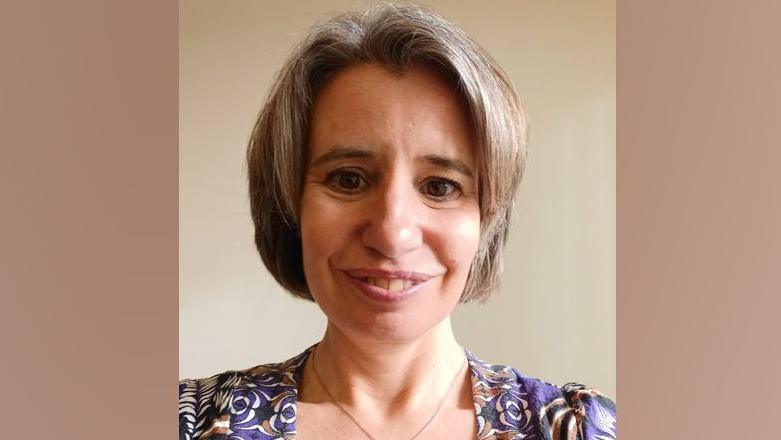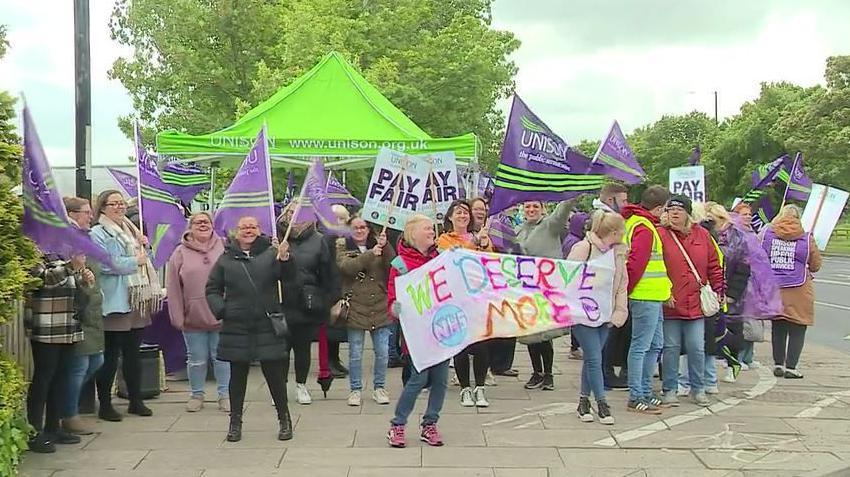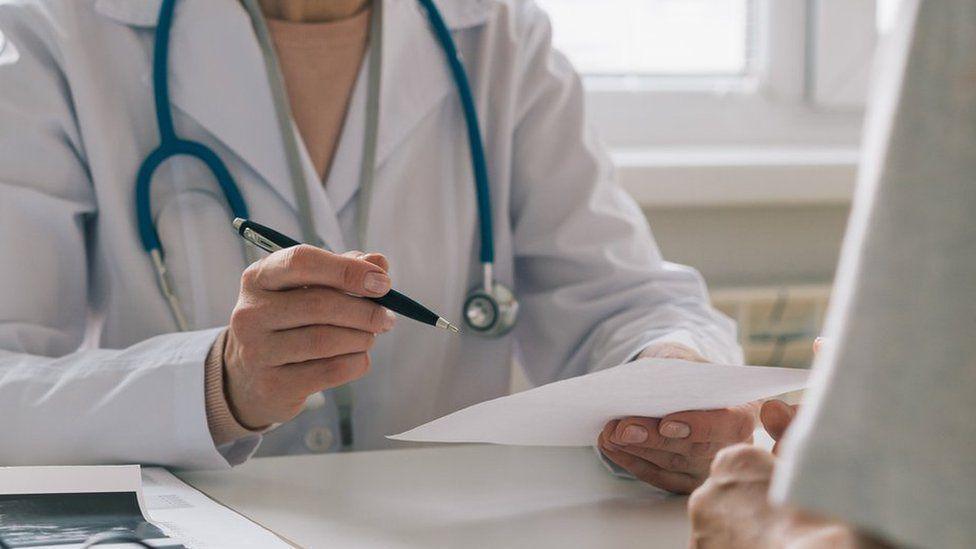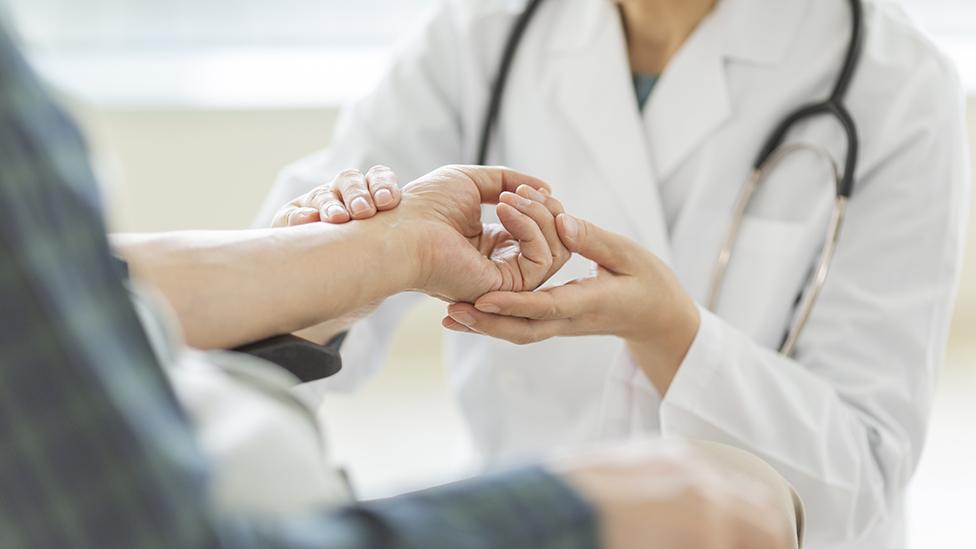Unemployed doctors 'cannot pay their bills'

Dr Rachel McMahon says unemployed doctors are turning to charities for help
- Published
Unemployed doctors are turning to charities for help because they cannot pay their bills, according to a representative of GPs.
Dr Rachel McMahon made the comments as a Stockton Council report referred to doctors looking for work, while hard-up practices could not employ them despite a backlog of patients.
The report is due to be considered by council leaders next week.
Dr McMahon said she knew GPs who "haven't managed to do any GP work for several weeks in Teesside" and that they were "probably working about half of the hours they could work for the NHS".
Dr McMahon is CEO and company secretary for Cleveland Local Medical Committee (LMC), which represents GPs.
"We know there are GPs who are turning to charities for support because they can’t find any work and they can’t pay their bills," she said.
It was a "terrible shame", she added, when patients were waiting so long for their appointments to have a fully trained workforce who were "unable to help practices out".
'Financial pressure'
Dr McMahon put this down to "recurrent underfunding" and said "although all the political parties say they’ll put money into the NHS, it often goes into hospitals rather than into general practice".
She said it was one of the reasons practices were facing "really high" financial pressure.
"We’ve got many practices in Teesside which would like to recruit because they want to offer a better service to their patients, but they simply can’t afford financially to do so," she said.
Dr McMahon said numbers of GPs had fallen while numbers of patients had risen nationally, leaving doctors with higher workloads, looking after 800 more patients than 10 years ago.
“Locally, we have GPs who want to work and practices who want to employ them. The finance is the only barrier," she said.
Struggling for appointments
Dr McMahon told the Local Democracy Reporting Service how practices hit by rising prices had laid off doctors in other parts of the country.
Asked whether this could happen on Teesside, she said: "It’s definitely possible. We’ve not heard of any situations like that yet but it’s definitely something that some practices are thinking."
She said on Teesside 75% of appointments were face-to-face in April this year, and practices delivered enough appointments for more than half of the population.
The government released plans in May last year, external to make it easier for patients to see GPs and provide faster, more convenient care.
The "recovery plan" aimed to support patients, reduce the numbers struggling to contact their practices, bring in and keep more doctors and cut bureaucracy.
But the LMC felt the national recovery plan "would have limited impact as it failed to address the underlying issues around funding and workload".
Follow BBC Tees on X (formerly Twitter), external, Facebook, external and Instagram, external. Send your story ideas to northeastandcumbria@bbc.co.uk.
Related topics
More stories from BBC North East and Cumbria
- Published10 June 2024

- Published4 April 2024

- Published4 January 2024
